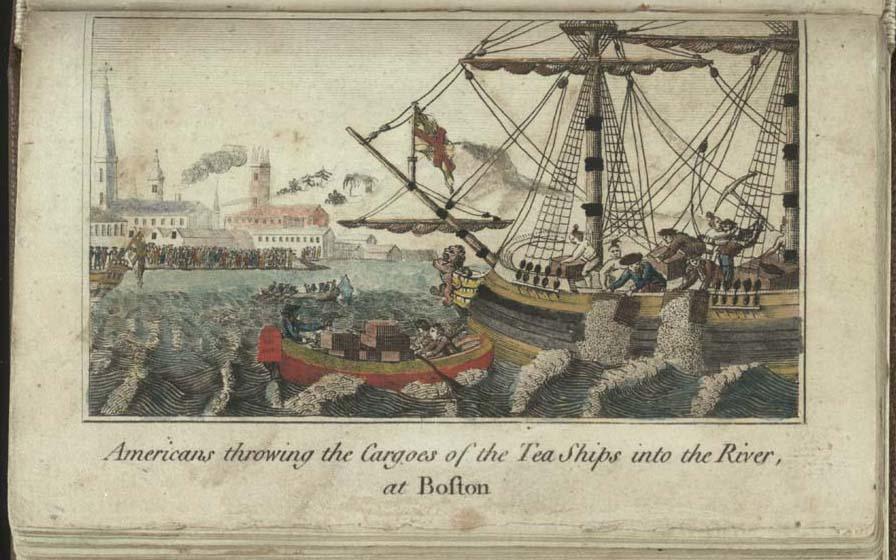- Trial Court Law Libraries

Article 23 (1780)
No subsidy, charge, tax, impost, or duties, ought to be established, fixed, laid, or levied, under any pretext whatsoever, without the consent of the people or their representatives in the legislature.
Precedents, Following Law, and Quotations
"[L]evying money for or to the use of the Crown by pretence of prerogative, without grant of Parliament, for longer time, or in other manner than the same is or shall be granted, is illegal.”
James Otis, The Rights of the British Colonies, (1764), p.91-92:
“But if it was thought hard that charter privileges should be taken away by act of parliament, is it not much harder to be in part, or in whole, disfranchised of rights, that have been always thought inherent to a British subject, namely, to be free from all taxes, but what he consents to in person, or by his representative? This right, if it could be traced no higher than Magna Charta, is part of the common law, part of a British subjects birthright, and as inherent and perpetual, as the duty of allegiance; both which have been brought to these colonies, and have been hitherto held sacred and inviolable, and I hope and trust ever will. . .. Are we not as really deprived of that right, by the parliament assessing us before we are represented in the house of commons, as if the King should do it by his prerogative?”
Article 14, Declaration of the Rights of Man (Déclaration des droits de l”Homme et du citoyen de 1789), approved by the National Assembly of France August 26, 1789:
“All the citizens have a right to decide, either personally or by their representatives, as to the necessity of the public contribution; to grant this freely; to know to what uses it is put; and to fix the proportion, the mode of assessment and of collection and the duration of the taxes.”
Henry David Thoreau, “Resistance to Civil Government (Civil Disobedience)”, Aesthetic Papers, Elizabeth Peabody (ed.), (1849), p.203:
“I have paid no poll tax for six years. I was put into a jail once on this account, for one night; and, as I stood considering the walls of solid stone, two or three feet thick, the door of wood and iron, a foot thick, and the iron grating which strained the light, I could not help being struck with the foolishness of that institution which treated me as if I were mere flesh and blood and bones, to be locked up. . . I saw that, if there was a wall of stone between me and my townsmen, there was a still more difficult one to climb or break through, before they could get to be as free as I was.”
W.D. Cooper. “Boston Tea Party.” , The History of North America. London: E. Newbury, 1789

